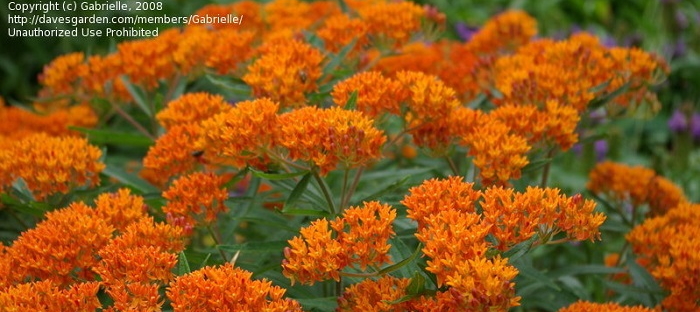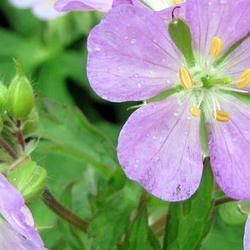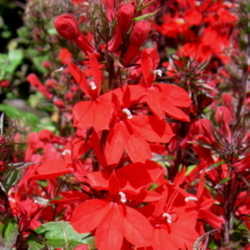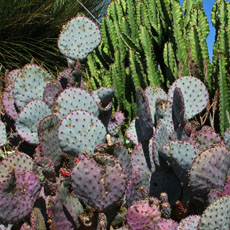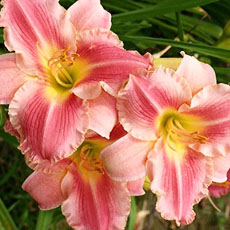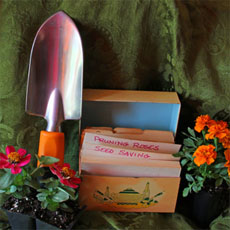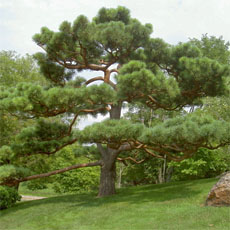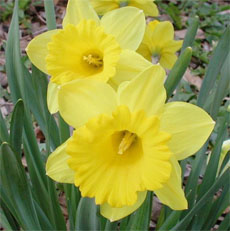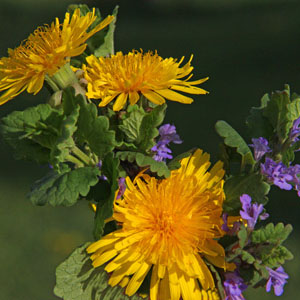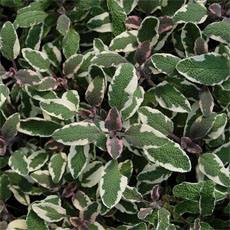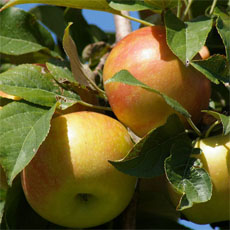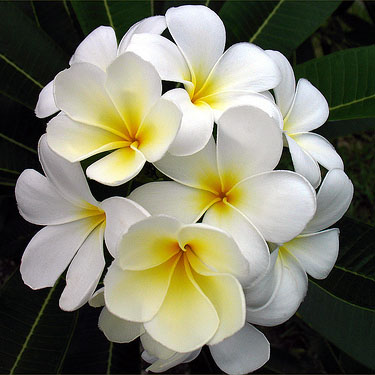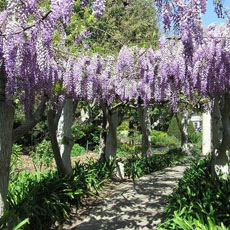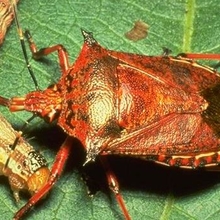In the summertime it was Aunt Bett's front porch that held all those folks lined up for treatment for beestings, or poison ivy, or sometimes a runny nose. But in the wintertime, folks came on in and sat in the ladder back chairs around the coal stove in her living room. Again, Aunt Bett might be checking on a runny nose or a deep cough, but it was for sure the bee stings and the poison ivy were problems of the past summer.
One winter when I was about twelve or so, one of those who waited in the front room was a young man who seemed to be watching me as I helped gather Aunt Bett's bottles of dried herbs and salves. He didn't look much older than I did, but he sure was big. In those days though, and even now, most everybody looks big to me. Anyway, he was a teenager I could tell, and not one that I knew. When Aunt Bett asked what was ailing him, he spoke with an accent that I had only heard my Ohio relatives use. I knew immediately that he wasn't from the hollers. This is what he said: "I had a cold, ma'm, and it settled somewhere around in my chest area. I have pain when I breathe, and it is impossible for me to take deep breaths. My uncle, the one I'm living with, told me that you might be able to help ease the pain."
In all my born days, I had never heard anything so pretty as the sound of that boy's voice. I thought for a minute I would simply swoon right there amongst all the brown medicine bottles on the kitchen table right beside Aunt Bett's front room. So faint was I that I grabbed for the nearest support which happened to be the salt shaker in the middle of the kitchen table where I was measuring out dabs of this and pinches of that. I had to come right back to my senses real quick, because Aunt Bett was looking at me with a twinkle in her eye, when she said: "Well, Missy, I believe we're going to need some of that pleurisy root, and I don't believe it needs any salt in it." Even Aunt Bett sounded a little bit different to me.
Anyway, she had already tended to most of the other folks and they were getting ready to leave, so I found the bottle marked pleurisy root, and turned to Aunt Bett. "Do you want me to heat up some water, Aunt Bett, so we can make this into a tea?" I asked in my most demure voice. It must have been a near whisper because Aunt Bett yelled: "What're you whisperin' 'bout, girl? This young man's in pain and you're just standin' there. Am I goin' to have to boil that water myself or are you goin' to do it?"
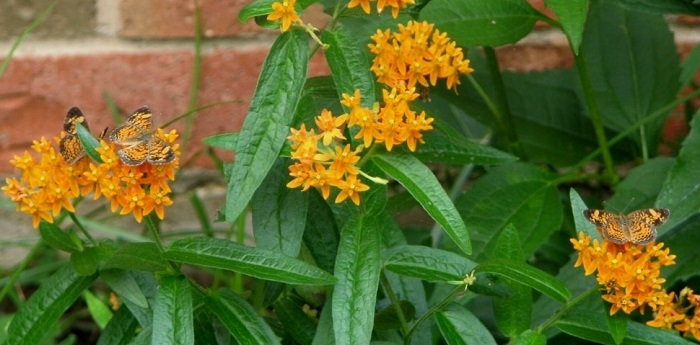
Well. That sure brought me out of my near swoon, because I wasn't used to Aunt Bett yelling at me, and certainly not in front of a young man that I just knew was watching my every move. I turned right around and nearly tripped over the chair, but I made my way to the kitchen stove and set the water to boiling. I measured out the right amount of the dried pleurisy root and put it in a cup while I waited for the water to boil. All the time Aunt Bett was talking to the handsome boy, but my heart was pounding too hard for me to hear what they were saying. Pretty soon the water was boiling and I poured it into the cup, stirred the root around in the water and then set it on the table to steep. I turned to Aunt Bett and the young boy. I was a little mad at Aunt Bett for taking up what could have been my time with the handsome young man, so I walked over and told him my name, then I said, "I reckon Aunt Bett is thinkin' you've got pleurisy, and the next thing she'll do is tell you to take off your shirt so she can rub some linament on your chest. Did you fall and hurt yourself, or did you get in a fight, I reckon the boys at school are always fightin' and sometimes they have to come get some of Aunt Bett's linament, but if you need pleurisy root, then I guess you didn't fall or get in a fight either one, I reckon you musta had a cold or something like that." A look from Aunt Bett, and I wound down pretty quick.
But the boy looked at me and said: "Hello, my name is Bruce, and I just had a cold. I don't ever fight. You sure have pretty hair."
"Humph," came from Aunt Bett's direction. "Go get me some of the linament, chile, and while you are at it bring me some strips of that clean muslin in the pantry." She didn't sound very happy with me.
So Aunt Bett spread linament on Bruce's chest and wrapped him in clean muslin strips while I watched and very nearly swooned again. Then I handed him the tea. I never told Aunt Bett, but I had slipped a little bit of honey into the bitter tea so that it didn't taste so bad for Bruce. He put his shirt back on and began to add his overcoat and warm wool hat, preparing to leave. He turned to Aunt Bett and thanked her for her help, he asked how much he owed her and pulled out a well worn billfold. Looked to me like real leather. Aunt Bett said: "Bruce, boy, you just take yourself on up the road to your uncle and you tell him that he sure has a nice young man visitin' him. If you don't feel better in a day or two, feel free to come back and see me. And tell your uncle to take care of his laig."
I never did see Bruce anymore, so I guess he got well, but I heard that come springtime, he went back up north to live again with his family. He had been visiting his uncle to help him get over a broken leg that he got when he fell off his roof, getting his chimney cleaned out for the winter.
Well, I reckon my heart settled back down again, because I never did swoon. I sure was glad we had dug that pleurisy root back in the fall. I guess Bruce was glad too. I thought Aunt Bett should have given me credit for thinking of the linament wrap. If I hadn't mentioned it I just know she would not have remembered.
Pleurisy root, or butterflyweed is a beautiful plant. Asclepias tuberosa grew wild in the mountains even in gravely sandy roadsides. It grew pretty tall, around 3 feet or so, and its bright orange flowers could be seen from a great distance, as could the butterflies that hovered around it in July and August when it was in full bloom. Aunt Bett and I gathered the roots in the fall, long after the blooms were gone. Its root was about 6 inches long and quite thick if I remember correctly. We sliced it longways to dry, and the inside of the root was a sort of grayish color. Once it was dry it was ground to a pretty fine powder so that when it was made into a tea, the remains were much like coffee grounds.
Like a lot of Aunt Bett's herbal medicines, butterflyweed, or pleurisy root was made into a decoction or infusions. It was used to promote perspiration and expectoration in diseases of respiratory organs, and it was used especially to treat pleurisy, congestion of the lining of cavity surrounding the lungs. Its root is the medicinal part of the plant, and in boiling water asclepin is the active principle that is released. It is also valuable in treating rheumatism, but its chief use is in treating bronchial and pulmonary complaints. Some folks still use it for headache and stomach upsets.
Contemporary medicines sometimes include asclepin, taken from the root of the butterflyweed, so it surprises me again that Aunt Bett knew so much for her time. Of course she also told me that Native Americans chewed its root for pleurisy and for pulmonary ailments, and there lies the source of much of Aunt Bett's knowledge. Seems to me there also lies the source of much of our scientists' knowledge.
I wonder whatever happened to Bruce. He sure was one handsome young man.
Sources: http://www.wildflower.org/plants/result.php?id_plant=ASTU
http://www.nps.gov/plants/MEDICINAL/pubs/traffic.htm
http://www.hort.purdue.edu/newcrop/herbhunters/butterflyweed.html
Photos are from Plant Files. Special thanks to these photographers for the use of their photos: poppysue, yvana, and Gabrielle
